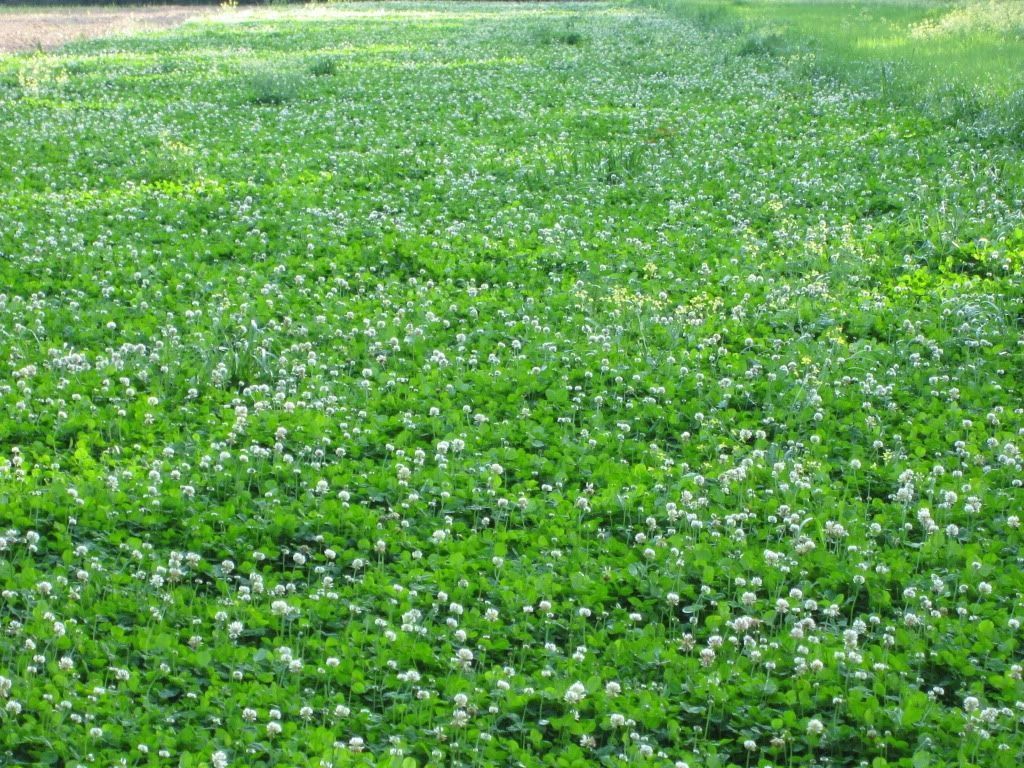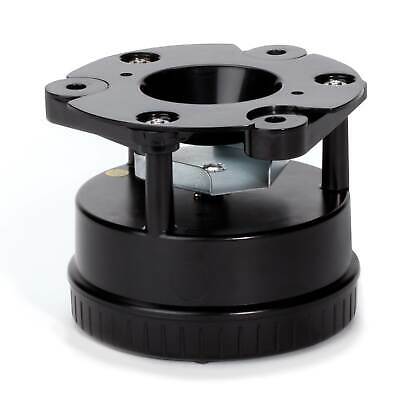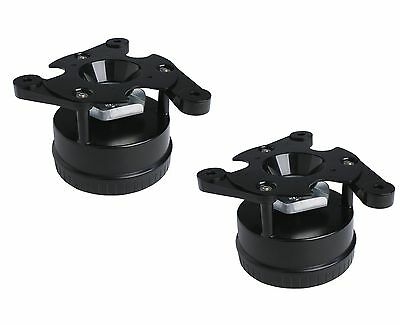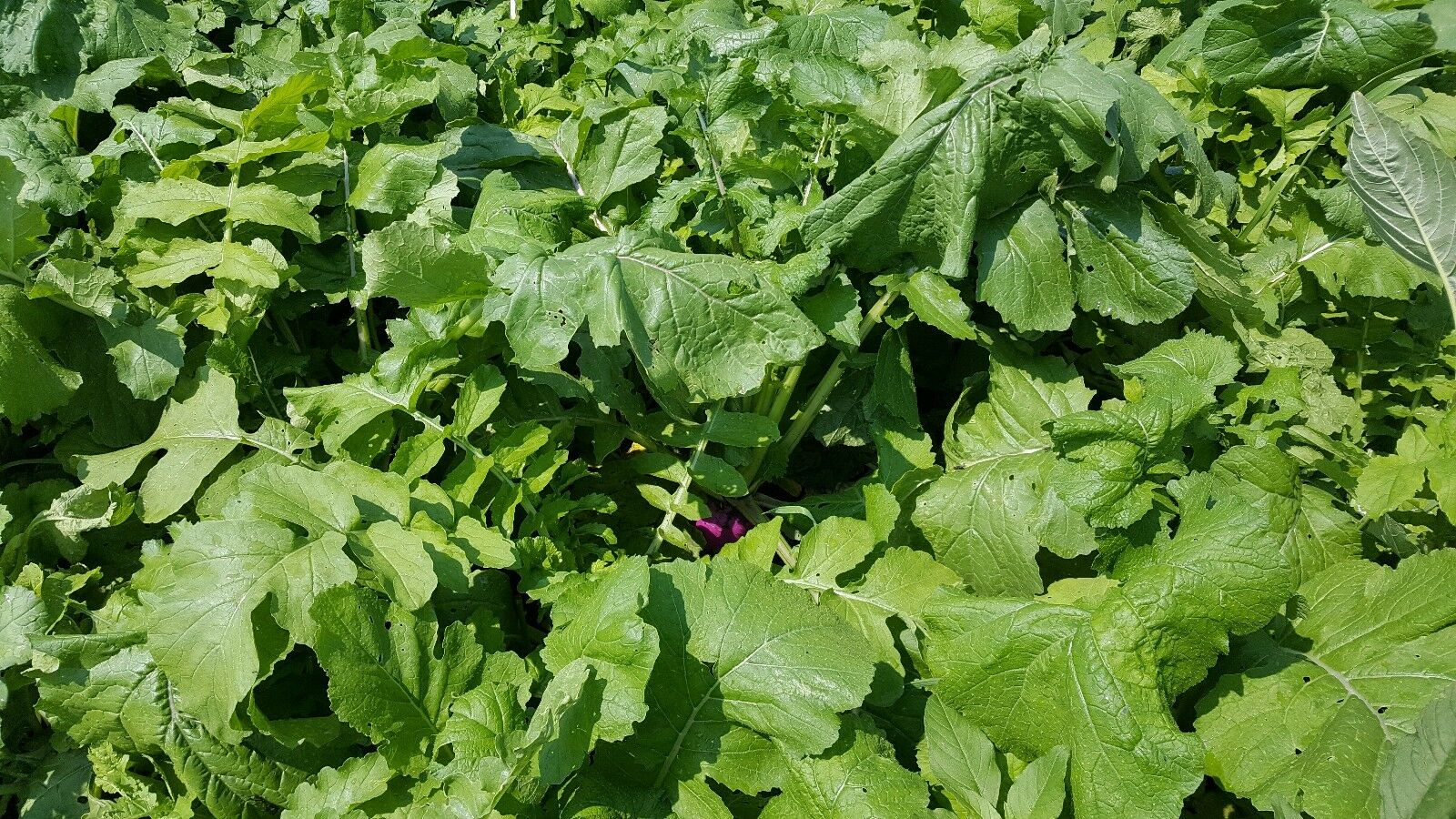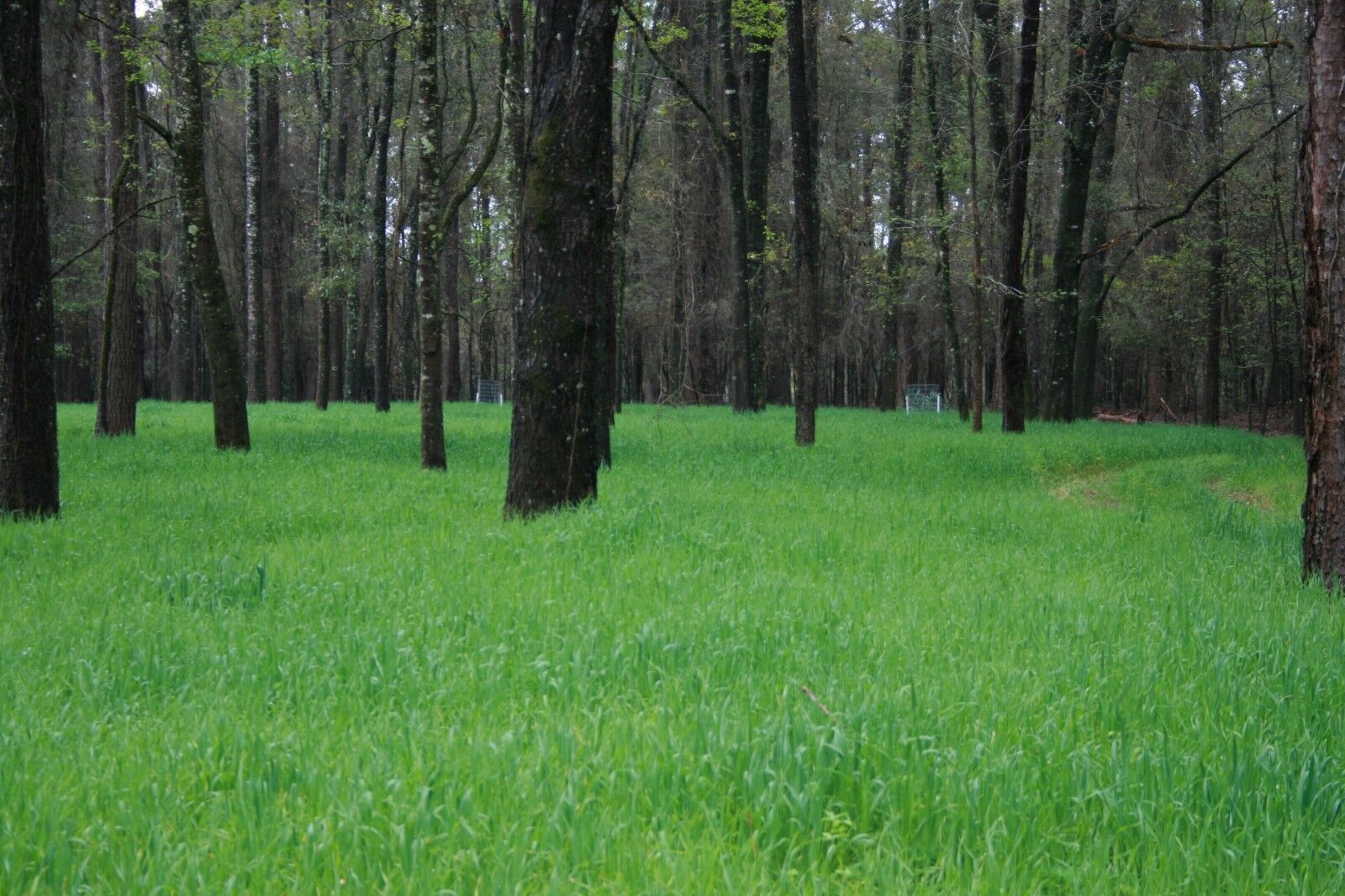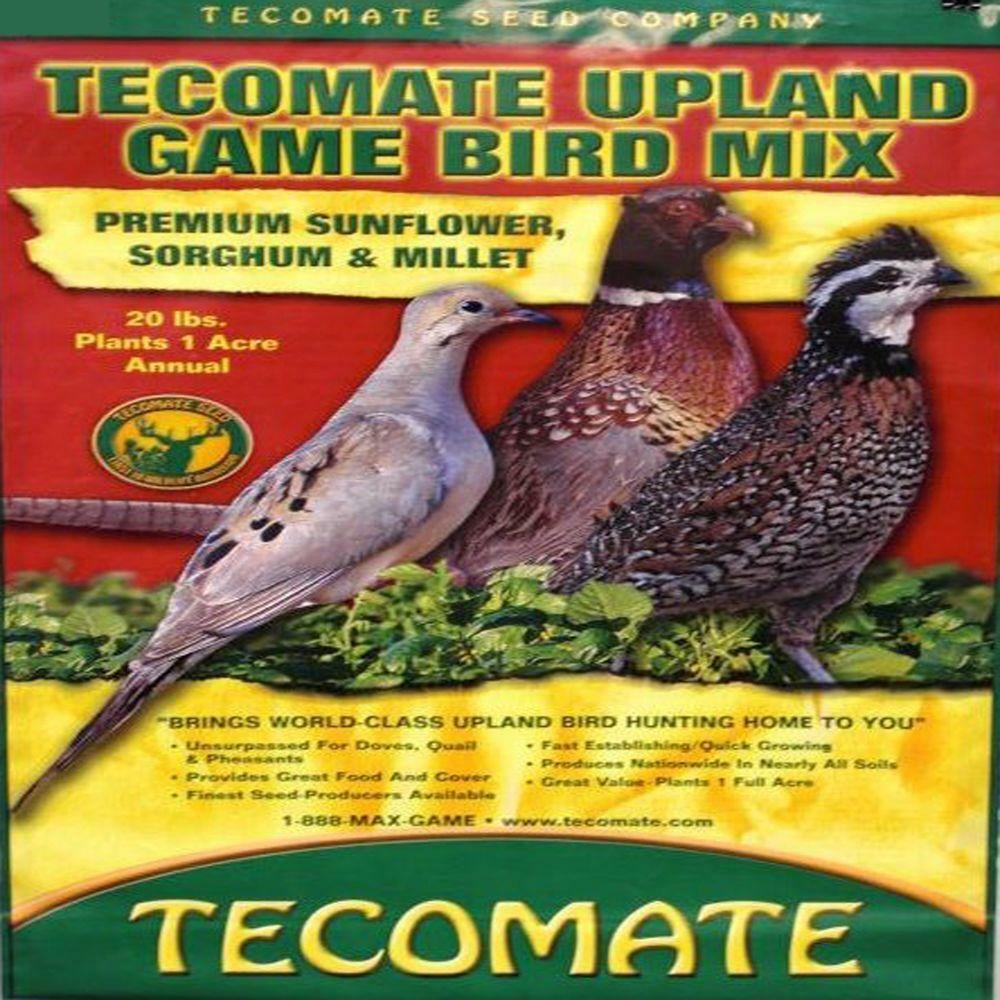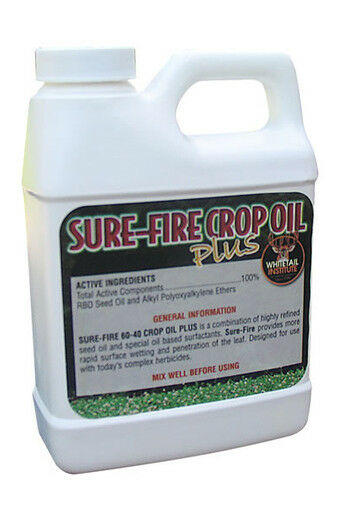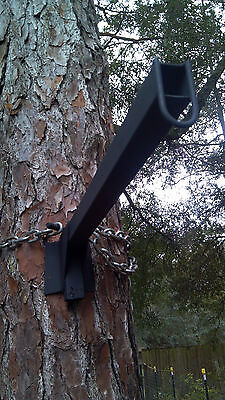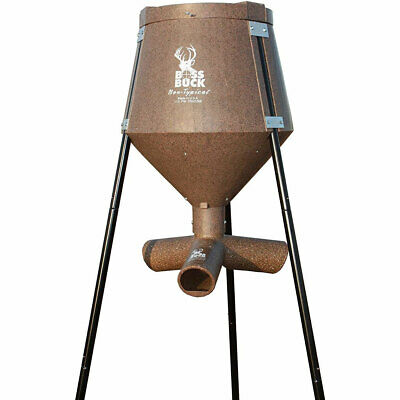-40%
Durana White Clover Seed - 10 Lbs.
$ 46.87
- Description
- Size Guide
Description
Durana White Clover SeedType: Cool season perennial legume
Adaptation: From Eastern Texas and Oklahoma across the South to the Atlantic coast and north along a line from Macon, GA to Dallas, TX. Durana persists well under grazing.
Uses: Durana is highly persistent under grazing and is best used to enrich existing, unimproved cool or warm season grass pasture, especially if ridding a pasture of toxic fescue is not an option. Excellent for grazing fall through early summer. Durana increases the attractiveness and nutritional value of wildlife food plots, alone or in a mixture.
Benefits: Research and ranch experiences repeatedly demonstrate the superior feed value of a white clover-grass mixture compared to grass alone. Improvements in conception rates, milk production, calf weaning weights, daily gains and animal health can be realized. Durana-grass mixtures may also be used for high-quality hay or silage. Durana also captures atmosheric nitrogen - 50 to 125 lbs. per acre per year.
Nutrition: 18 to 28% crude protein and total digestable nutrients(TDN) ranging from 65 to 85%. Highest values will be obtained with a vegetative to 10% bloom harvest. Maturity of the crop at harvest will determine individual results.
Planting:
Rate: 3 lbs./acre drilled or broadcast into established pastures; 5 lbs./acre for a pure stand.
Date: September - November in southern U.S. Frost seeded-February and March. Spring seeded in late March or April.
Method: Graze or clip pasture close prior to seeding.
Depth: 1/4 inch maximum; many stand failures result from seed planted too deep.
Fertilizer: Liming to a pH of 6.0 and providing adequate levels of potassium and phosphorus are necessary to ensure a productive clover stand. Soil testing is highly recommended; see your local county extension office for details.
